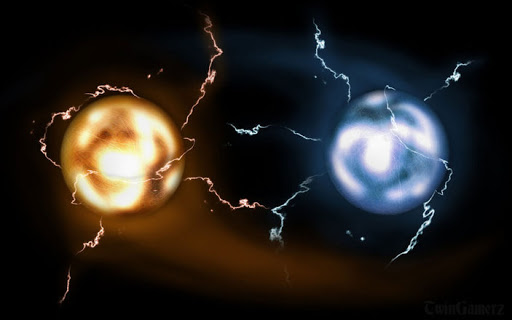The most natural illustration for measuring a day in Genesis 1 from evening to morning is that the start of time was marked by darkness. Being getting into the exegetical evidence, we take a look at what Genesis 1:2 notes:
“The earth was without form and void, and darkness was over the face of the deep.”
Then, in Genesis 1:3 -5,
“God stated, ‘Let there be light,’ and there was light. And God saw that the light was good. And God separated the light from the darkness. God called the light Day, and the darkness he called Night. And there was evening and there was morning, the first day.”

Light followed darkness, pointing out the markers of a complete day. In the Jewish custom, days follow this pattern of night first, then day. Still today, practicing Jews observe the Sabbath beginning on sundown of Friday up till sundown on Saturday.
Ultimately, there was a change to today’s practice where a day begins at midnight. The modern-day calendar is based upon the Gregorian calendar, a modification of the Julian calendar used in 45 B.C. by Julius Caesar. As Christianity expanded throughout Europe, the Julian calendar ended up being the standard embraced by other countries. The change into the Gregorian calendar came in 1582.
Genesis 1 communicates that the days of the week were initially determined “evening” then “morning.” Each description of the 7 days of creation makes use of this format, plainly showing a day that started at sundown.
Measuring a day in Genesis from evening to morning as a natural extension of God turning darkness into light. It contains the concept of breaking of day, evening dissolving into the morning, the light and warmth emerging, intensifying, engulfing, finally replacing the black and cold.
This custom continued through the New Testament time and is practiced today by a lot of observant Jews. Christians are not bound to divide days the same way, however an understanding of the Jewish method of reckoning time is essential to comprehending a few of the cultural practices in the Bible.
It is highly probable that God uses six discrete 24-hour days for Creation. Based on our exegetical evidence for measuring a day in Genesis, six literal days is the most likely interpretation of the Genesis account.